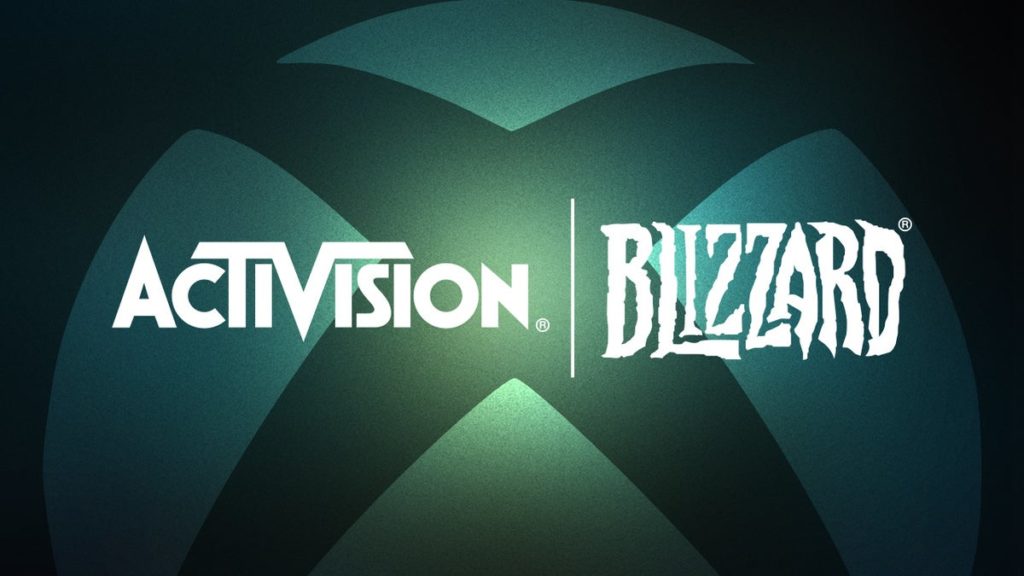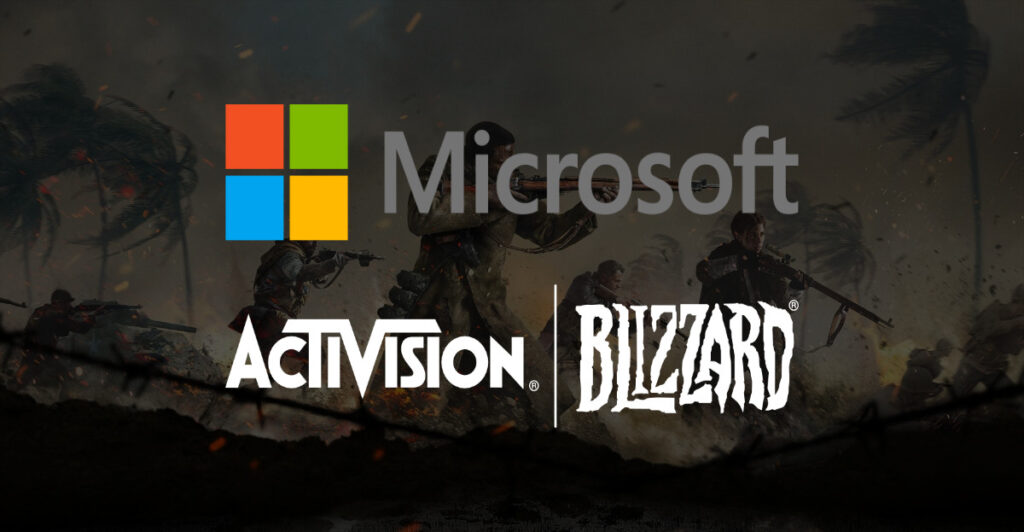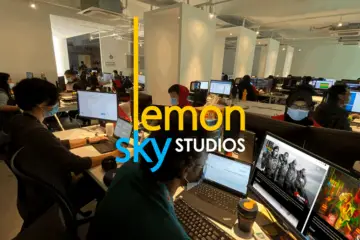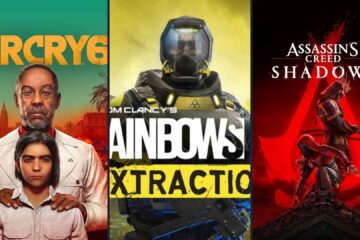In late April, we reported that the British Competition and Markets Authority (CMA) blocked the planned Activision Takeover by Microsoft on the grounds that it would stifle competition in the cloud gaming market. In that post, we also mentioned that Microsoft President Brad Smith rejected the CMA report and promised that Microsoft “remains fully committed to the Activision takeover”.

Well, it appears Smith has kept his promise. Microsoft’s $69 billion Activision takeover scored a big win on Monday, 15 May 2023 when it got the nod of European Union regulators. However, the caveat spelled out by the regulators is that Microsoft will have to allow gamers to stream current and future games from Activision Blizzard to any cloud game streaming service.
“Our decision represents an important step in this direction, by bringing Activision’s popular games to many more devices and consumers than before, thanks to cloud game streaming,” said Margrethe Vestager, executive vice president in charge of competition policy. “The commitments offered by Microsoft will enable for the first time the streaming of such games in any cloud game streaming services, enhancing competition and opportunities for growth.”
ALSO READ: 🤷♀️Why Microsoft Takeover of Activision Blizzard May Not Happen
The first time that Microsoft announced Activision takeover was in January 2022. If the Activision takeover deal eventually becomes a success, it will shoot Microsoft into the top three video game publishers and place it right under its long-time rival, Sony.
Activision is one of the largest third-party video game publishers with rights to a plethora of triple-A action games including Overwatch and Call of Duty. A successful Activision takeover will be a boost to Microsoft’s game catalog.


What does an EU nod mean to Microsoft’s Activision takeover bid?
Unlike the UK regulators, the EU regulators did not foresee that Microsoft’s $69 billion Activision takeover will pose any threat to the future distribution of console and PC games through cloud gaming services.
According to EU regulators, Microsoft “would have no incentive to refuse to distribute Activision’s games to Sony… even if Microsoft did decide to withdraw Activision’s games from the PlayStation, this would not significantly harm competition in the console market.”
One of the remedies the EU regulators proposed to avert negative competition was that Microsoft has to offer 10-year licensing deals to competitors. These include a free license to EU consumers that will give them access to stream through “any cloud game streaming services of their choice”. Cloud providers will also be entitled to a free license to stream these games in EU markets.
But does this means that as soon as Microsoft agrees with the recommendations of the EU regulators the Activision can happen immediately? Absolutely not! Microsoft still needs approval from U.S. regulators.
In December last year, the Federal Trade Commission filed a lawsuit challenging Activision takeover by Microsoft. According to FTC, the deal would “enable Microsoft to suppress competitors to its Xbox gaming consoles and its rapidly growing subscription and cloud-gaming business.”
A hearing on that case is slated for 2 August 2023. Microsoft insists the Activision takeover will not stifle competition within the gaming industry and continues to negotiate with regulators for the approval of the deal.
Microsoft said they will appeal the decision of the UK regulators, but that process would likely take months before the final ruling. However, the decision of the EU regulators will help Microsoft to make a stronger case in the UK on why the Activision takeover deal should go on.
What is stalling Microsoft’s $69 billion Activision takeover deal?

Microsoft has already agreed to a 10-year deal that will bring Call of Duty to Nintendo consoles. However, Sony has rejected a similar agreement and has continued to kick against the Activision takeover by Microsoft. Sony has sent truckloads of filings to regulators expressing its concerns about the acquisition.
Regulators in South Africa, Japan, Serbia, Chile, Brazil, and Saudi Arabia have given their approval to the Activision takeover deal. However, regulators in Australia, New Zealand, South Korea, and China are still studying the deal.
Bobby Kotick, the CEO of Activision Blizzard welcomed the decision of the EU regulators and said the company plans “to meaningfully expand our investment and workforce throughout the EU”.
Regardless of the position of the EU regulators. The CMA still maintained its stand that Microsoft’s $69 billion Activision takeover was harmful to competition in cloud gaming. The CMA later released a statement clarifying its position.
“Microsoft’s proposals, accepted by the European Commission, would allow Microsoft to set the terms and conditions for this market for the next 10 years. They would replace a free, open, and competitive market with one subject to ongoing regulation of the games Microsoft sells, the platforms to which it sells them, and the conditions of sale. This is one of the reasons the CMA’s independent panel group rejected Microsoft’s proposals and prevented this deal. While we recognize and respect that the European Commission is entitled to take a different view, the CMA stands by its decision.”
The CMA
How will gamers be affected by the deal?
A successful Activision takeover by Microsoft is great news for Xbox Game Pass subscribers. Why? Because it would mean more games would come to the service’s catalog. However, for gamers that don’t own an Xbox but a PlayStation or Nintendo Switch, the impact may be negative depending on the concessions that Microsoft will be willing to make.
Cloud gaming is taunted as the future of the gaming industry because it allows gamers to remotely stream video games to a device like smart TV, tablet, or phone. The technology recently took off, thanks partly to its addition to Sony’s PS Plus and Microsoft’s Xbox Game Pass.
ALSO READ: Highlights From The 20th Emerald City Comic Con
Other companies like GeForce Now and Amazon’s Luna have also developed their proprietary cloud gaming services. In February, Luna signed a deal with Microsoft that will bring more games from Microsoft to Luna over the next decade.
It is believed that whoever controls cloud gaming will control the future of the gaming industry. That explains the controversy surrounding Microsoft’s Activision takeover deal because it is believed that it will give Microsoft a higher share of cloud gaming.
Are you in support of or against Microsoft’s takeover of Activision? Share your thoughts with us in the comment box below.
Remember to share and bookmark this website to stay up to date on all the hottest news in the gaming industry.



